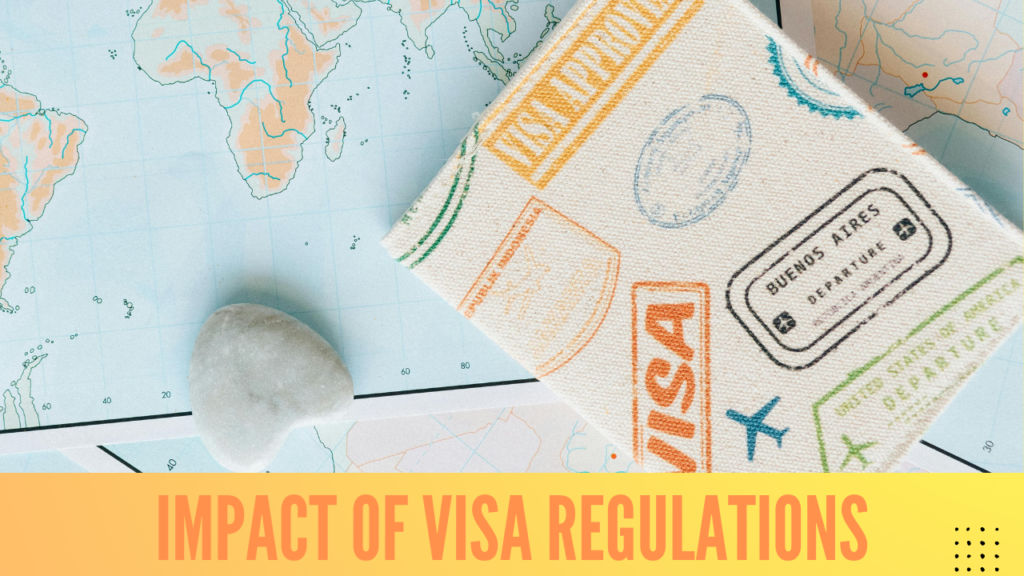
In an increasingly interconnected world, travel has become a fundamental part of our lives. Whether for leisure, business, or education, the desire to explore new destinations is universal. However, the complexities of visa regulations can significantly impact travel plans, shaping the experiences of millions of travelers each year. In this blog, we will explore how visa regulations influence travel and provide tips for navigating these challenges.
Understanding Visa Regulations
Visa regulations are laws and policies set by countries to control the entry of foreign nationals. These regulations vary significantly from one country to another, and even between different visa categories within the same country. The requirements can include the purpose of travel, duration of stay, and financial stability, among other factors.
The Impact on Travel Plans
Planning and Preparation:
Visa regulations require travelers to engage in extensive planning before embarking on their journeys. The time and effort needed to apply for a visa can affect travel schedules. For instance, some visa processes can take weeks or even months, leading to changes in travel dates or destinations.
Destination Selection:
Visa restrictions can influence travelers’ choices of destinations. Some travelers may opt for countries with less stringent visa requirements to avoid complications. As a result, countries with more accessible visa policies may see an influx of tourists, while those with strict regulations might experience a decline in visitor numbers.
Costs and Financial Considerations:
The costs associated with obtaining a visa can add a significant burden to travel budgets. Application fees, processing fees, and potential travel expenses for embassy visits can deter some travelers from pursuing their desired trips. This financial impact can lead to altered travel plans or the decision to forgo a trip altogether.
Unforeseen Changes:‘
Visa regulations are subject to change, often with little warning. Sudden policy shifts can disrupt travel plans, leaving travelers scrambling to adapt. For example, a country may implement new visa requirements due to security concerns or diplomatic relations, impacting those who had already booked flights or accommodations.
Impact on Business Travel:
Visa regulations also play a critical role in business travel. Companies often face challenges in securing visas for employees, leading to delays in project timelines and increased costs. This can hinder global collaboration and affect international trade relationships.
Navigating Visa Challenges
Research Early:
Travelers should research visa requirements well in advance of their planned trips. Understanding the regulations for their destination can help avoid last-minute surprises and ensure a smoother application process.
Consider Visa-Free Options:
Many countries offer visa-free travel arrangements or e-visas, simplifying the process for travelers. Exploring these options can save time and reduce the stress associated with visa applications.
Consult Experts:
For complicated travel plans, consulting a visa expert or travel agent can provide valuable guidance. They can assist with documentation, application processes, and help navigate any potential hurdles.
Stay Informed:
Keeping abreast of changes in visa regulations is essential. Following news updates and checking official government websites can help travelers stay informed and prepared.
Final Thoughts
Navigating the world of visa regulations can often feel daunting, yet it is an essential aspect of international travel that can significantly shape our experiences. While visa requirements may seem like barriers, they are also safeguards that reflect a country’s policies and priorities. By staying informed, planning ahead, and leveraging available resources, travelers can effectively navigate these regulations and minimize their impact on travel plans.
